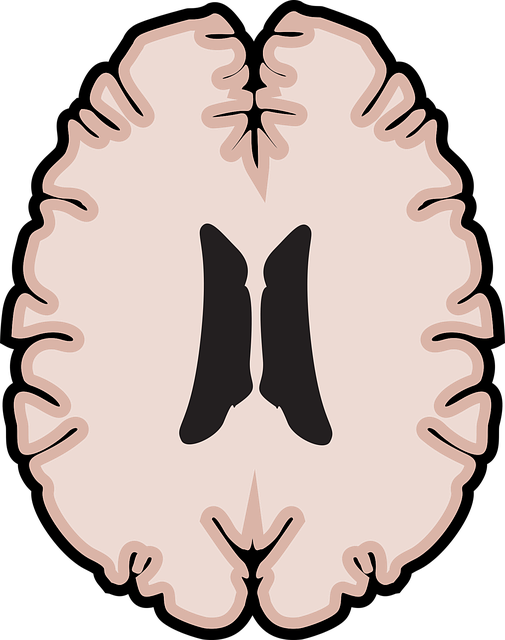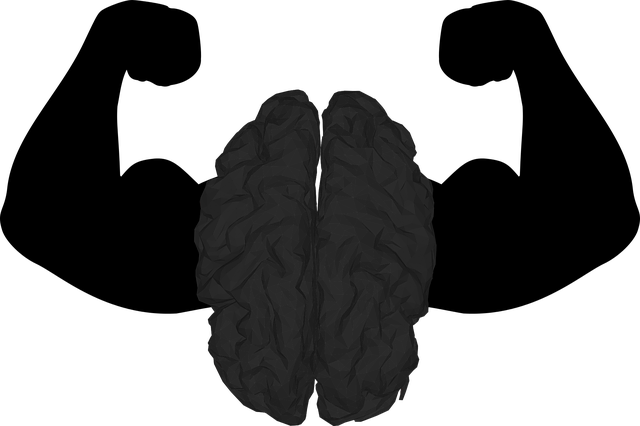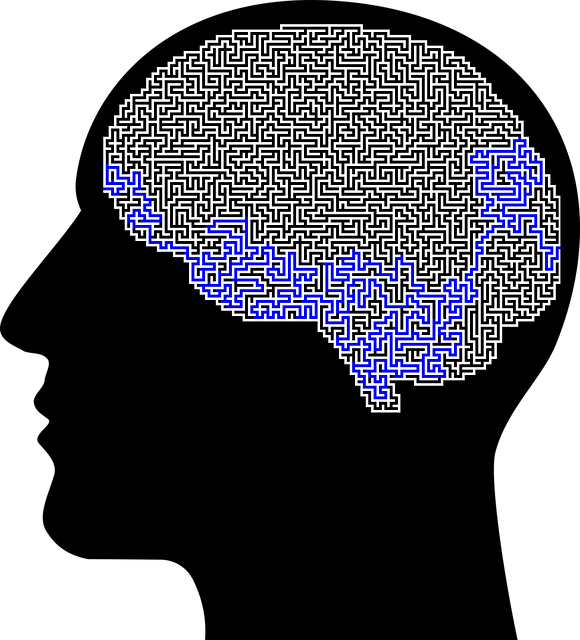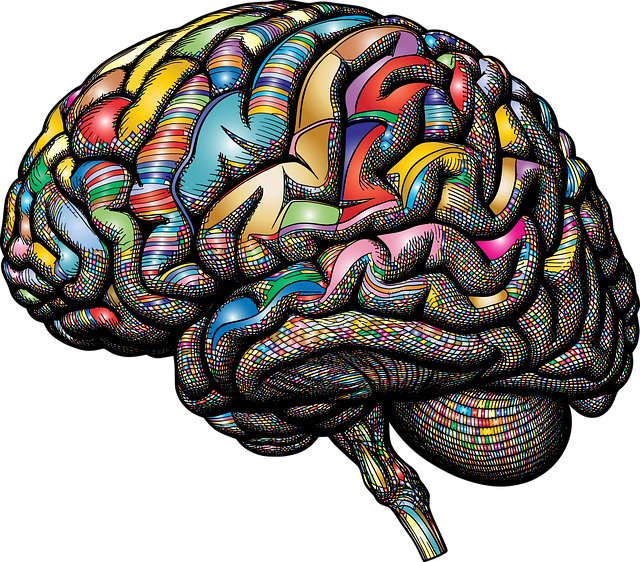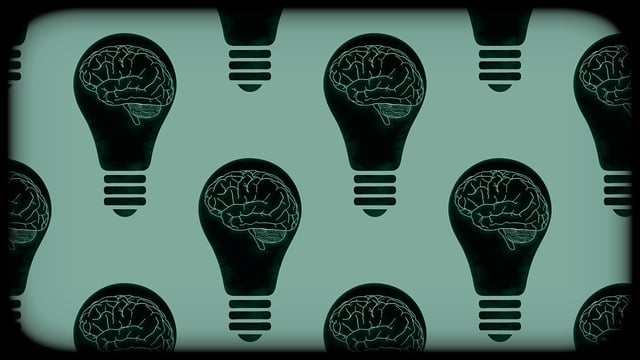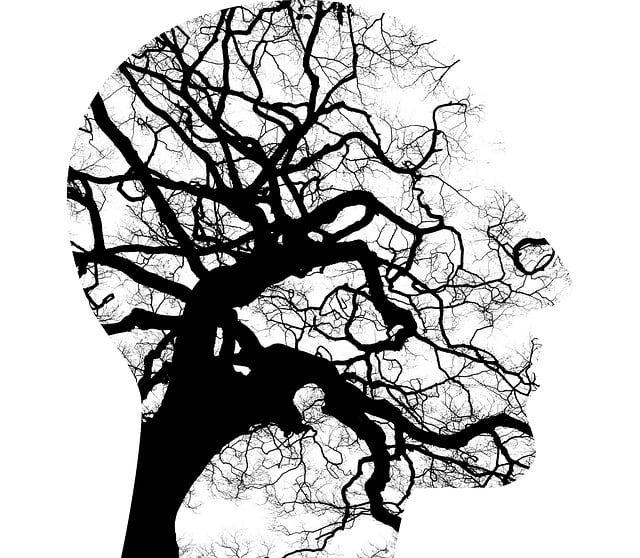Mental wellness apps, such as Aurora Chronic Illness Therapy, offer tailored digital care for various conditions, from stress and anxiety to chronic illnesses. These apps provide mood tracking, mindfulness exercises, and access to therapists, encouraging self-reflection, healthy habits, and supportive communities. The Aurora app focuses on resilience building, conflict resolution, and stress reduction through guided meditations and cognitive behavioral therapy exercises. Development involves identifying gaps in existing solutions, refining concepts through research, and testing for optimal usability. Marketing strategies include leveraging digital platforms, engaging content, social media campaigns, and user testimonials to reach a broad audience and foster trust, with integrated risk assessment tools benefiting professionals.
In today’s digital age, mental wellness apps like the Aurora Chronic Illness Therapy App are transforming healthcare accessibility. This comprehensive guide explores the growing significance of such applications in addressing chronic illnesses. We delve into the key features that make the Aurora app stand out, from its user-friendly interface to evidence-based therapies. The article also navigates the development process, marketing strategies, and user engagement techniques, offering insights into how innovative solutions like Aurora are revolutionizing mental health support.
- Understanding Mental Wellness Apps and Their Impact
- Key Features for Aurora Chronic Illness Therapy App
- Development Process: From Concept to Launch
- Marketing and User Engagement Strategies
Understanding Mental Wellness Apps and Their Impact

Mental wellness apps have emerged as powerful tools in promoting individual well-being and addressing various mental health concerns. These digital solutions offer accessible and often personalized approaches to support users’ mental health journeys, much like Aurora Chronic Illness Therapy focuses on tailored care. With features such as mood tracking, mindfulness exercises, and access to professional therapists, these apps cater to a wide range of needs. For instance, they can help individuals manage stress, anxiety, depression, and even provide coping mechanisms for those dealing with chronic illnesses.
The impact of these applications extends beyond mere symptom management. They encourage self-reflection, promote healthy habits, and foster communities where users can share experiences and support one another. Many apps also incorporate features inspired by conflict resolution techniques to help individuals navigate interpersonal challenges, enhancing their overall mental wellness. Additionally, they offer platforms for mental wellness coaching programs, enabling personalized development in areas like self-esteem improvement, a key aspect often targeted in therapy sessions.
Key Features for Aurora Chronic Illness Therapy App

The Aurora Chronic Illness Therapy App is designed to be a comprehensive companion for managing long-term health conditions. Key features include personalized treatment plans tailored to individual needs, offering a wide array of evidence-based Resilience Building strategies and Conflict Resolution Techniques. Users can access guided meditations, cognitive behavioral therapy exercises, and educational resources to enhance self-care practices.
With an intuitive interface, the app facilitates tracking symptoms, moods, and medications, enabling users to visualize their progress over time. It incorporates interactive tools for identifying and modifying unhealthy thought patterns, promoting better coping strategies. Additionally, the app emphasizes the importance of relaxation through Stress Reduction Methods, providing techniques to manage chronic pain and fatigue while fostering a sense of calm.
Development Process: From Concept to Launch

The development process for a mental wellness app like Aurora Chronic Illness Therapy is an intricate journey that demands careful planning and execution. It begins with identifying specific needs within the mental health space, often driven by personal experiences or gaps in existing solutions. For instance, developers might focus on creating tools to manage chronic conditions, offering personalized therapy sessions, or incorporating innovative conflict resolution techniques.
Once the core concept is defined, the team delves into research and design. This phase involves crafting user-friendly interfaces, integrating evidence-based practices such as self-awareness exercises, and ensuring data security and privacy. Prototyping and testing are crucial to refine the app’s functionality and usability. Through iterative feedback loops, developers can address issues and enhance the overall mental wellness experience, ultimately aiming for a seamless launch that caters to users’ emotional well-being.
Marketing and User Engagement Strategies

In the competitive market of mental wellness apps, effective marketing and user engagement strategies are key to success. One innovative approach is leveraging digital platforms to reach a broader audience, especially those struggling with chronic illnesses like Aurora Chronic Illness Therapy. By integrating user-friendly interfaces and personalized features, apps can cater to diverse needs, from stress reduction methods to mood management. Engaging content, such as interactive exercises, educational resources, and community forums, encourages regular app use and fosters a sense of belonging.
Social media campaigns, influencer partnerships, and targeted digital advertising play a pivotal role in spreading awareness about the app’s benefits. Highlighting success stories and user testimonials can build trust and encourage downloads. Additionally, implementing gamification elements, rewards systems, and progress tracking features not only enhance user engagement but also motivate individuals to stick with their mental wellness journeys. For mental health professionals, risk assessment tools integrated within the app can facilitate early intervention and better patient outcomes.
Mental wellness apps, like the Aurora Chronic Illness Therapy app, are transforming access to therapeutic support. By leveraging technology, these tools offer personalized interventions, resources, and community connections, fostering improved mental health outcomes. The development process, from concept to launch, requires a thoughtful blend of clinical expertise, user-centric design, and effective marketing strategies. Through intentional planning and execution, apps like Aurora have the potential to revolutionize chronic illness management and make therapy more accessible to those who need it.

